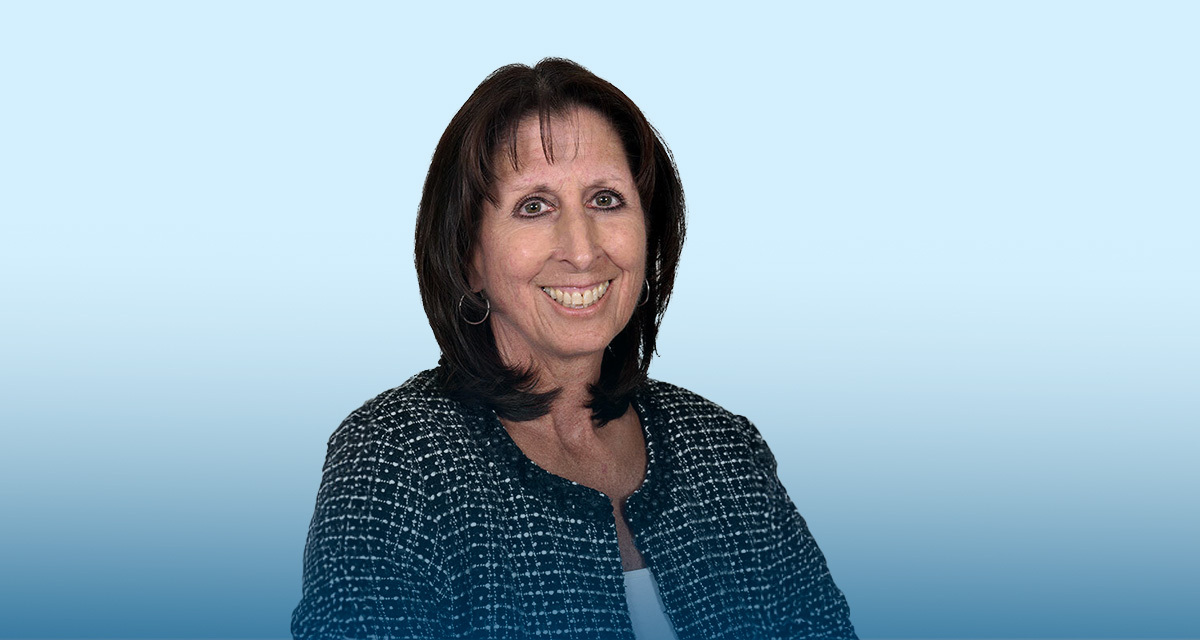Why Christians Should Consider Careers in Finance: Insights from Liz Cronin ’89
Elizabeth “Liz” Cronin ’89 studied business management and economics at Gordon and is now the Vice President of Compliance for Haverhill Bank in Haverhill, MA. Cronin was recently named Exchangite of the Year by the Breakfast Exchange Club of Greater Haverhill. We sat down with her to ask about her role and trends in the world of banking, financial literacy and information management.
What made you decide to go into banking?
I spent a large part of my career in telecommunications management, and then I was laid off as a way to downsize. It took me by surprise; I had been doing that for 20 years! But I had skill set in management, so I looked for opportunities related to that, which led me to quickly transition into banking.
It was a crash course in working in a highly regulated environment—there’s lots of financial laws and rules to follow. In addition to managing teams, I met with the public by assisting customers and community members who bank with us. I’ve always had an eye for what I can do in service to my community, and I was drawn to the bank I started at, which was very active in community service.
What does a typical day look like at your job?
An important part of a typical day is staying on top of the latest banking regulations and information related to the industry. I’m not a subject matter expert in these, so to stay on top of federal requirements, I have to know enough to keep us in compliance with constantly changing banking rules. I ensure our bank is prepared to answer the regulators in case of an audit. We have to be secure—our bank stores highly personal information, so we have a responsibility to prevent data and security breaches by adhering to the highest financial regulatory compliance standards.
I also monitor accounts for bank fraud and criminal activity related to financial crime, like large sums of money going in or out of accounts. Criminals try to stay two or three steps ahead of banks. I’m always conducting financial analyses and assessments to see if customers are being scammed or if criminals are setting up fraudulent accounts by lying about what business they are in.
What are some trends in the world of finance and information management people should know about?
About 2.9 billion people were affected by a recent information breach—even government agencies have been hacked. But consumers shouldn’t feel the need to panic or freeze accounts—federal banking policies require that we’re secure. My best advice for consumers is to frequently monitor their accounts and report fraudulent charges immediately. Consumers are protected by compliance laws and are not responsible for activity related to hacks, but it still needs to be reported.
My other piece of advice is to become financially literate. People come into our bank year after year knowing increasingly less about finances. Consumers often don’t know how to build credit, have knowledge about their debts or loans or even know if they’re paying for subscriptions they don’t need. Local community banks are a great resource. I try to get into the community and schools to teach financial literacy classes as much as I can.
Why do you think it’s important for Christians to go into finance and banking?
There’s a stereotype, especially among Christians, that the love of money is the root of all evil and should be avoided. While it’s true that money can bring out the worst in people, money is also the key piece of commerce—it affects everyone. As Christians we can help others use it for good and model how to navigate the financial world. This is one of the reasons I’ve preferred local, smaller banks over big banks in my career—they have better ties with the community.
Similar to doctors and law enforcement, I feel that bankers should be highly trusted positions in the community. As a banker and a Christian, I have a responsibility to do the best I can for my customers—that requires making connections, having empathy and establishing relationships built on trust. The most motivating part of my job is working to ensure my customers are happy, satisfied, able to save and equipped to make informed financial decisions because they have learned the best ways to treat their money.
 The Bell
The Bell